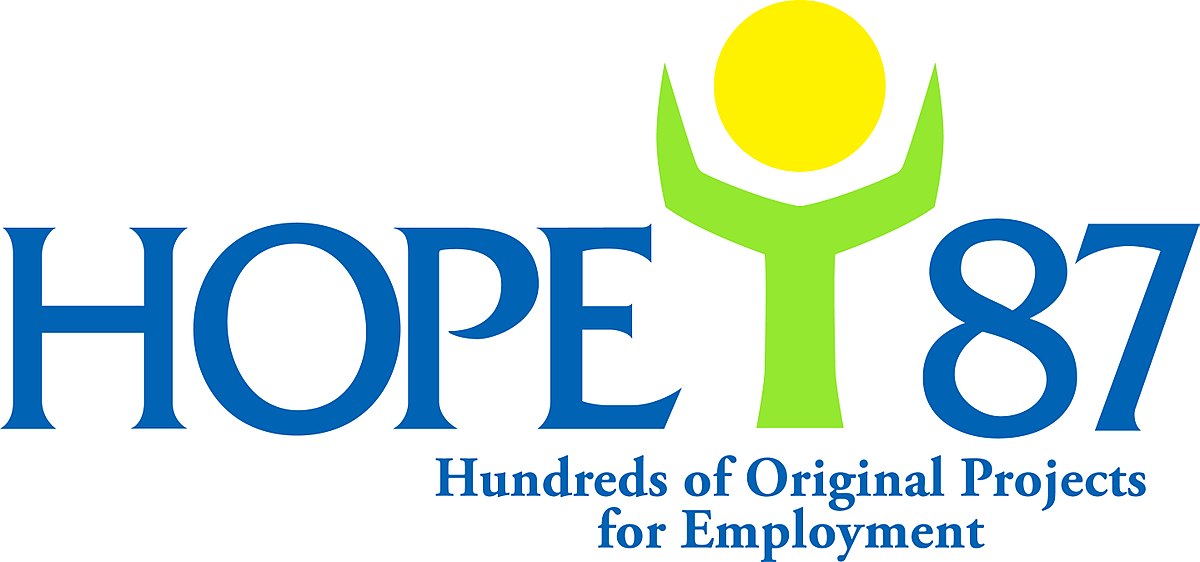On January 24th, we celebrated the International Day of Education in order to highlight the role of education for peace and development.
Education is a human right, a public good and responsibility as well as key to sustainable development. Sustainable Development Goal 4, in particular, aims to “ensure inclusive and equitable quality education and promote lifelong learning opportunities for all” by 2030.
Education is also crucial to give every child a better future and offers them a way out of poverty. However, about 258 million children and adolescents around the world do not have the opportunity to enter or complete school; 617 million children and adolescents cannot read and do basic math and some four million children and youth refugees are out of school.
Without inclusive and equitable quality education and lifelong opportunities for all, countries will not succeed in achieving gender equality and breaking the cycle of poverty that is leaving millions of children, youth and adults behind.
Thus, HOPE’87 has set itself the goal to promote education projects in order to counter the global problem of youth unemployment and its political, economic and social consequences.
Most West African countries have considerable ethnic diversity. This is also the case in Burkina Faso, a country of 274,000 km2 with a population of nearly 18,000,000 inhabitants, which include a mosaic of nearly 60 different ethnic and linguistic groups.
Among these, there are the Senoufos. Their territorial area consists of southwestern Burkina Faso, southern Mali and northern Côte d’Ivoire. They are thus straddling these 3 countries. The Senoufos are farming people focusing on growing cereals as well as cotton.
It appears that cotton is highly relevant for the existence of Senoufos. Indeed, it is at the base of their cultural clothing and is of ordinary importance. To do this, cotton is grown in the family field. This means that its culture involves all members of the household (men, women and children of working age).
It thus appears that the process of artisanal transformation of cotton into fabric strips is immersed in the context of beliefs, rituals and traditions for the Senoufo, like social cohesion, food and nutrition security, income generation as well as women’s empowerment.
The project “WU FYEREBOWE” pursues the following two results:
– the content of the Senoufos’ cultural clothing identity and its link with development is known and disseminated
– the traditional Senoufo clothing production tools are listed and displayed
Project Type
Other social infrastructure and services
Project Duration
01/10/2018 to 31/12/2019
Status
Completed
Country
Burkina Faso / Mali
Region
Koloko (Burkina Faso) and Finkolo (Mali)
Donor(s)
UNESCO, HOPE'87
